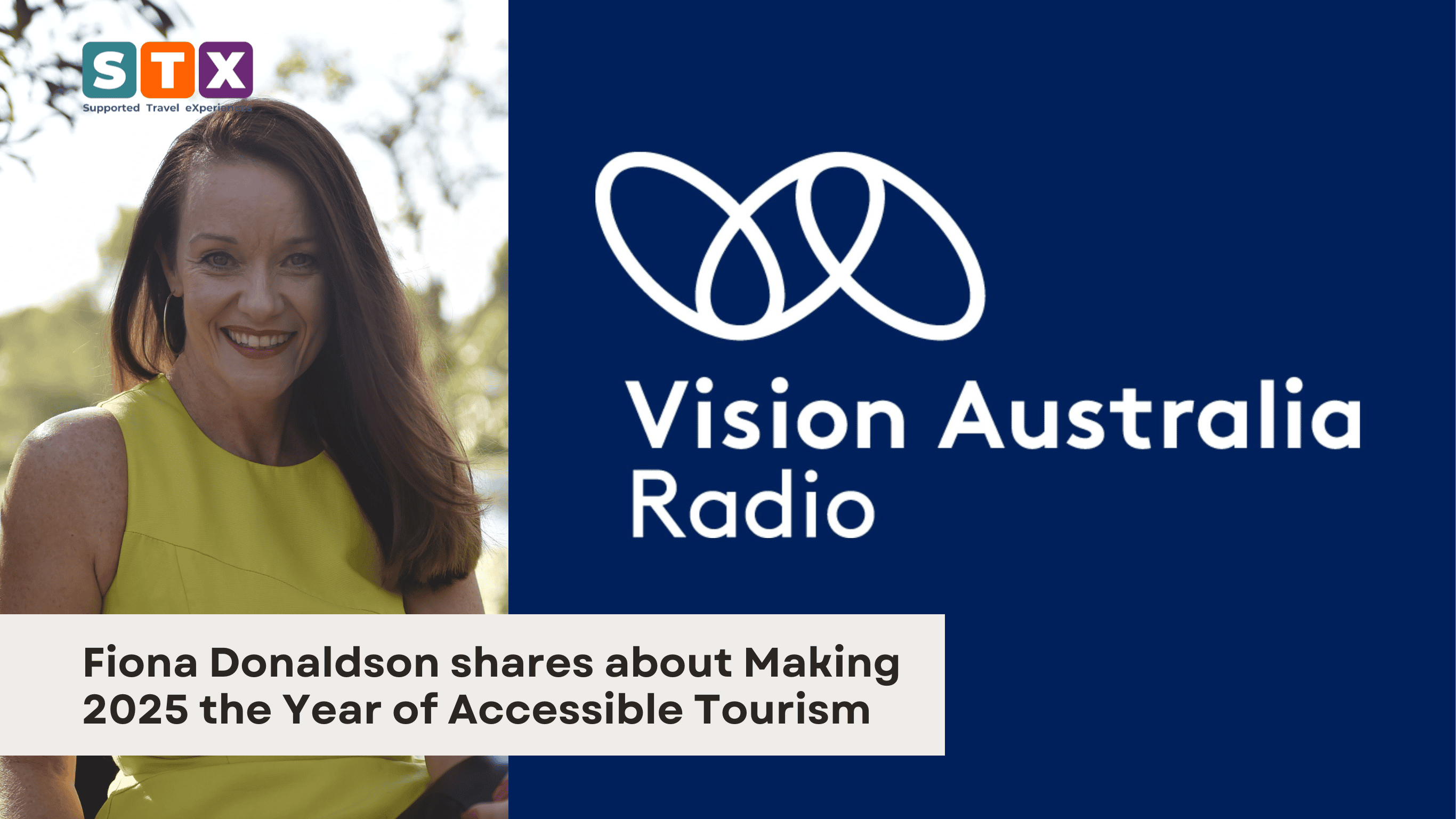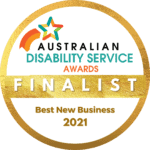Fiona Donaldson, a travel specialist from Supported Travel eXperiences (STX) and a passionate advocate for accessible travel, recently joined Leisure Link on Vision Australia Radio to discuss Spinal Life Australia’s vision for making 2025 the Year of Accessible Tourism. With over 30 years of experience in the travel industry and her own lived experience as a wheelchair user, Fiona brings unique insights and expertise to the conversation on accessible tourism and travel.
During the interview, Fiona reflected on the success of Queensland’s Year of Accessible Tourism in 2023, which saw a $12 million government investment and accessibility improvements across more than 200 businesses. While praising these efforts, she emphasised the need for a consistent national framework to ensure accessibility standards are uniform across Australia. Such a framework would make it easier for tourism businesses to implement best practices and create a globally recognised focus on inclusion.
Fiona also highlighted the importance of accessibility going beyond physical adjustments like ramps, lifts and accessible toilets. She called attention to the critical role of staff training in disability awareness and the need for inclusive experiences, such as accessible tours and transport options, to ensure all travellers can fully enjoy their holidays without stress or limitations.
Fiona explained how crucial it is to understand individual needs, sharing,
“When I look at accommodation for clients of mine, I’ll actually email or call the hotel and get them to measure spaces under the bed. I’ll also get them to measure widths of doorways, etc., all based on the dimensions of the client’s chair or their abilities in general.”
Spinal Life Australia’s call to action aims to inspire the Federal Government to declare 2025 the Year of Accessible Tourism, building on the momentum created in Queensland and setting the stage for a more inclusive tourism industry nationwide. She believes this initiative would not only enhance the lives of individuals with disabilities but also provide economic benefits by attracting more travellers and supporting local businesses.
Listen to Fiona’s full interview through the player above or through here.





